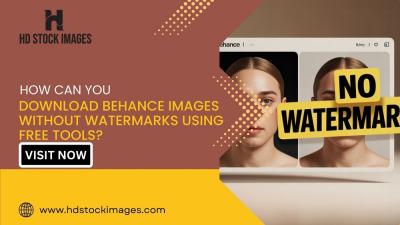YouTube is more than just a platform for sharing videos; it's a significant player in the global digital landscape. Launched in 2005, this site has revolutionized how we consume and create content. With its user-friendly interface and vast library of videos ranging from music to educational tutorials, YouTube has become a household name around the world.
YouTube started as a small start-up created by three former PayPal employees: Chad Hurley, Steve Chen, and Jawed Karim. Today, it boasts billions of users and millions of channels, solidifying its place as a primary source of entertainment, education, and information. It operates as part of Alphabet Inc., but it has maintained its unique identity and community feel. Understanding YouTube's ownership structure is key to grasping its impact on the media landscape and the broader implications for content creators and consumers alike.
The History of YouTube's Ownership
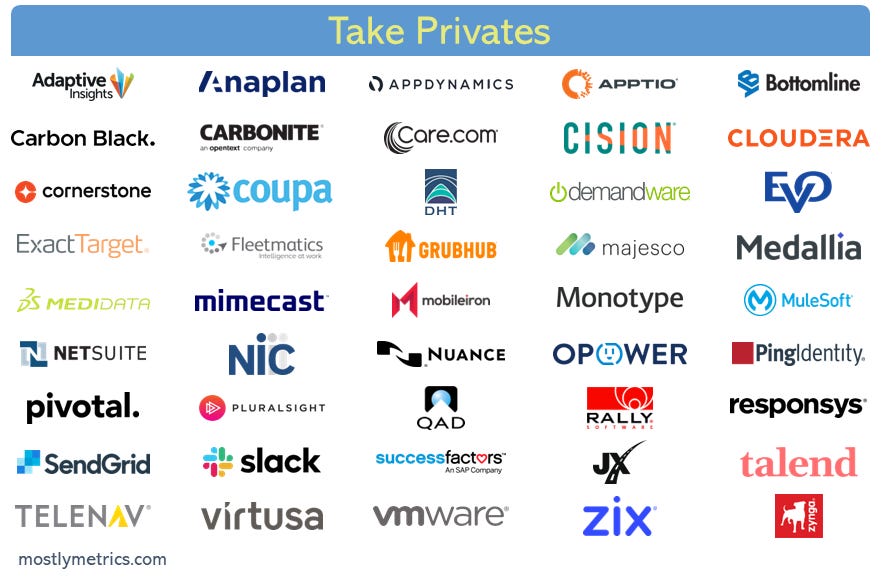
YouTube's ownership story is quite fascinating and illustrates the rapid evolution of digital media. Initially founded in 2005, the platform quickly gained traction, reaching 8 million views per day within its first year. Here’s a breakdown of YouTube's ownership journey:
- 2005: Founding - YouTube was established by Chad Hurley, Steve Chen, and Jawed Karim. The idea was to create a user-friendly video-sharing platform.
- 2006: Google Acquisition - In November, Google recognized YouTube's potential and acquired it for approximately $1.65 billion in stock. This acquisition marked a pivotal moment, as it provided YouTube with the financial resources to expand its features and infrastructure.
- 2008: Integration of Google Services - Following the acquisition, YouTube integrated various Google services, improving user experience with tools like advertising options through Google AdSense.
- 2015: YouTube Red - YouTube launched its premium subscription service, now known as YouTube Premium, allowing users ad-free access to content and exclusive shows.
- 2021: Ongoing Growth - YouTube continues to thrive, introducing features like Shorts to compete with platforms like TikTok and expanding its monetization options for creators.
So, is YouTube a public or private company? While it operates under the umbrella of Alphabet Inc., its ownership is not publicly traded in isolation. This unique setup gives the platform a blend of public company resources while still retaining a somewhat private, independent operational vibe.
YouTube's Acquisition by Google
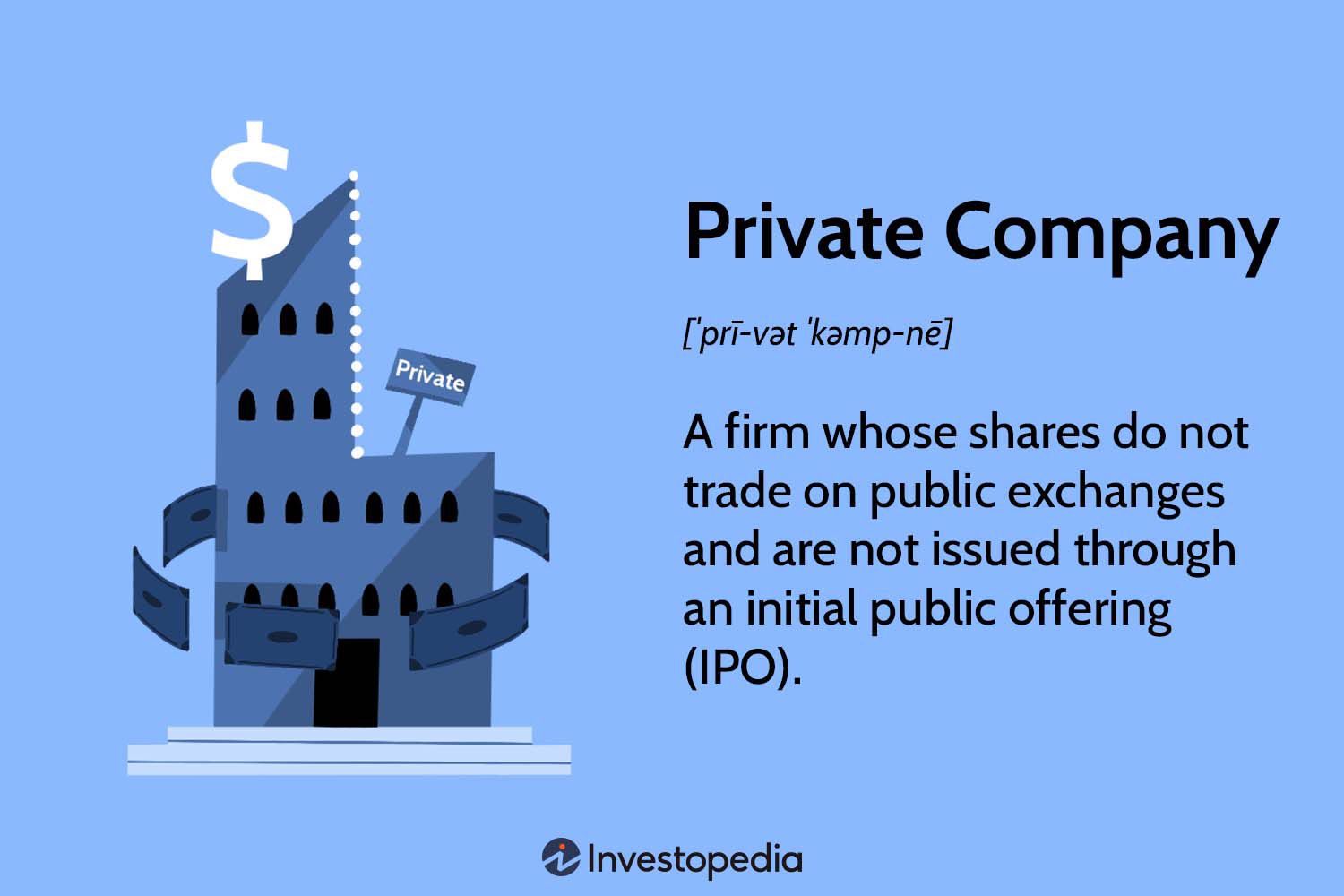
YouTube, the giant video-sharing platform we all know and love, saw a significant turning point when it was acquired by Google in 2006. Can you remember a time when YouTube was just a small start-up? Well, at that time, it was a simple website where users could upload, share, and view videos. Fast forward to October 9, 2006, and Google made headlines by purchasing
The acquisition was driven by Google's recognition of YouTube's immense potential in the social media and digital advertising landscape. Google had been looking to expand its reach into video content and solidify its position as a leader in online advertisement. YouTube provided the perfect platform for this expansion.
After the acquisition, several changes occurred:
- Monetization Opportunities: YouTube rolled out various monetization features, allowing content creators to earn money through ads, sponsorships, and other avenues.
- Enhanced Features: Google invested resources to improve YouTube's infrastructure and user experience, introducing features like live streaming and premium subscriptions.
- Content Moderation: With Google's advanced algorithms and resources, YouTube focused on making content safer by implementing better moderation tools.
Today, YouTube is not just a part of Google's family but has become a central part of its overall business strategy, contributing significantly to Google’s revenue stream.
Is YouTube Considered a Public Company?
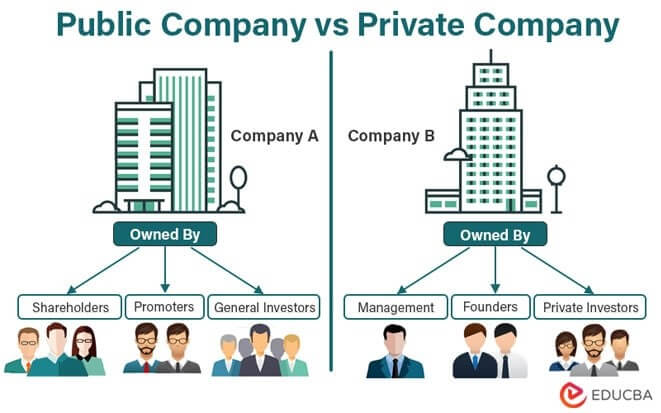
This is a fascinating topic! At first glance, you might think of YouTube as a public company, given its massive reach and influence. However, the reality is a bit different. YouTube operates under the umbrella of Alphabet Inc., which is the parent company of Google. So, here’s the scoop: YouTube is not a standalone public company; rather, it is wholly owned by Alphabet.
Let's break this down:
- Private Ownership: YouTube remains a privately held subsidiary of Alphabet Inc. It doesn’t issue its own stock nor operate independently on the stock market.
- Public Parent Company: Alphabet Inc. is publicly traded, meaning that you can buy shares of Alphabet on various stock exchanges.
- Financial Reporting: As part of Alphabet, YouTube's financial performance is included in the overall reports of its parent company, which keeps investors informed about its contributions to revenues and profits.
In summary, while YouTube itself is not a public company, its performance certainly influences Alphabet’s stock price. Thus, YouTube's impact on the market is indirect, yet significant!
Private vs. Public Companies: Key Differences
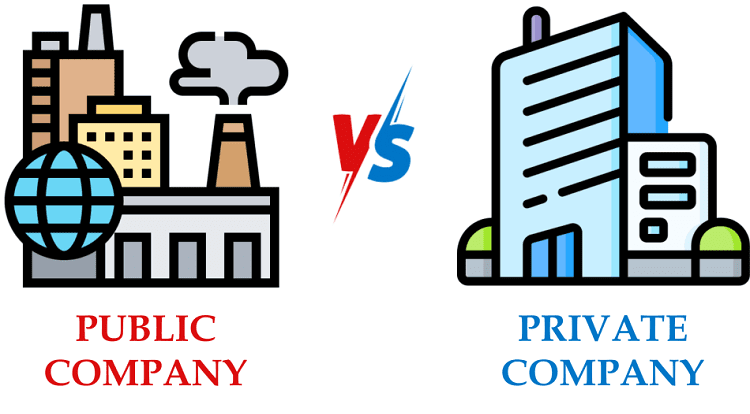
Understanding the difference between private and public companies is essential, especially when discussing a giant like YouTube. So, let’s break it down in simple terms!
- Ownership: Private companies are owned by a small group of individuals or organizations. This could include founders, family members, or private investors. Public companies, on the other hand, sell shares to the general public, which means ownership can be distributed among thousands of shareholders.
- Regulatory Scrutiny: Public companies face rigorous regulations and must adhere to strict reporting requirements set by governmental bodies, such as the SEC in the United States. These companies must disclose financial information regularly, making them more transparent. Private companies enjoy more privacy and have fewer obligations to disclose financial details.
- Funding: Public companies often have easier access to capital through the stock market. Issuing shares to the public can fund expansion and innovation. Meanwhile, private companies may rely on personal funds, private equity, or venture capital, which can be limited.
- Decision Making: In private firms, decision-making can be swift and flexible, as there are fewer stakeholders involved. In contrast, public companies need to consider the opinions of shareholders, which can slow down decision processes.
- Market Pressure: Public companies are under constant pressure to meet quarterly earnings expectations and satisfy shareholders, which can drive short-term decision-making. Private companies can focus more on long-term strategies without such pressures.
These differences have far-reaching implications, especially when looking at a platform like YouTube, which operates under the umbrella of a public company, Alphabet Inc.
The Impact of YouTube’s Ownership on Creators and Users
YouTube's ownership structure, being part of the public company Alphabet Inc., has significant implications for both creators and users of the platform. Let’s explore how this ownership impacts various stakeholders.
For Creators:
- Monetization Opportunities: Creators can earn money through various means, including advertising revenue, sponsorships, and subscriptions. However, the public nature of YouTube means that revenue models might frequently shift based on investor expectations and market conditions.
- Content Policies: Public companies often have strict guidelines to adhere to legal and ethical standards. This can greatly influence the type of content that creators produce, sometimes causing friction between artistic expression and corporate policy.
- Audience Reach: Being part of a large company allows YouTube to invest in infrastructure and technology, maximizing reach. Creators benefit from this by being able to showcase their content to a global audience, leveling the playing field.
For Users:
- User Experience: Because YouTube is driven by the need to please shareholders, changes to algorithms and advertisement placements can affect user experience significantly. Users may find themselves frustrated with ads or content not relevant to their interests.
- Content Diversity: With a huge influx of creators, users enjoy diverse content. However, the algorithms that prioritize certain videos can create echo chambers, influencing what users see and experience on the platform.
- Data Privacy: As a public company, YouTube is obliged to follow regulations on user data. However, concerns about data privacy persist, prompting ongoing discussions about how user information is handled.
Overall, the ownership structure of YouTube profoundly influences both creators and users, balancing growth and profitability with the need for a vibrant, diverse, and secure platform.
Understanding the Ownership of YouTube as a Private or Public Company
YouTube, the premiere video-sharing platform, has significantly shaped the landscape of how we consume and share content. Understanding its ownership structure is vital for appreciating its role in digital media. YouTube was originally founded in February 2005 by three former PayPal employees: Chad Hurley, Steve Chen, and Jawed Karim.
In November 2006, Google acquired YouTube for $1.65 billion in stock, marking a pivotal moment that integrated YouTube into a larger ecosystem of digital services. Since this acquisition, YouTube operates as a subsidiary of Google, which is part of the parent company Alphabet Inc.
This ownership structure raises an interesting question: is YouTube a private or public company? The clarity comes from understanding what it means to be a subsidiary:
- Public Company: YouTube is considered a part of Alphabet Inc., which is publicly traded on the NASDAQ stock exchange under the ticker symbol "GOOGL". Thus, it operates under the regulations and requirements of public companies.
- Private Subsidiary: While YouTube itself does not have its own stock and cannot be directly traded on the stock market, it is still owned by the public entity, Alphabet Inc.
In conclusion, YouTube's positioning as a subsidiary of a public company allows it to harness significant resources and benefits while operating with a degree of autonomy to maintain its unique brand and functionality in the online video sphere.
 admin
admin







